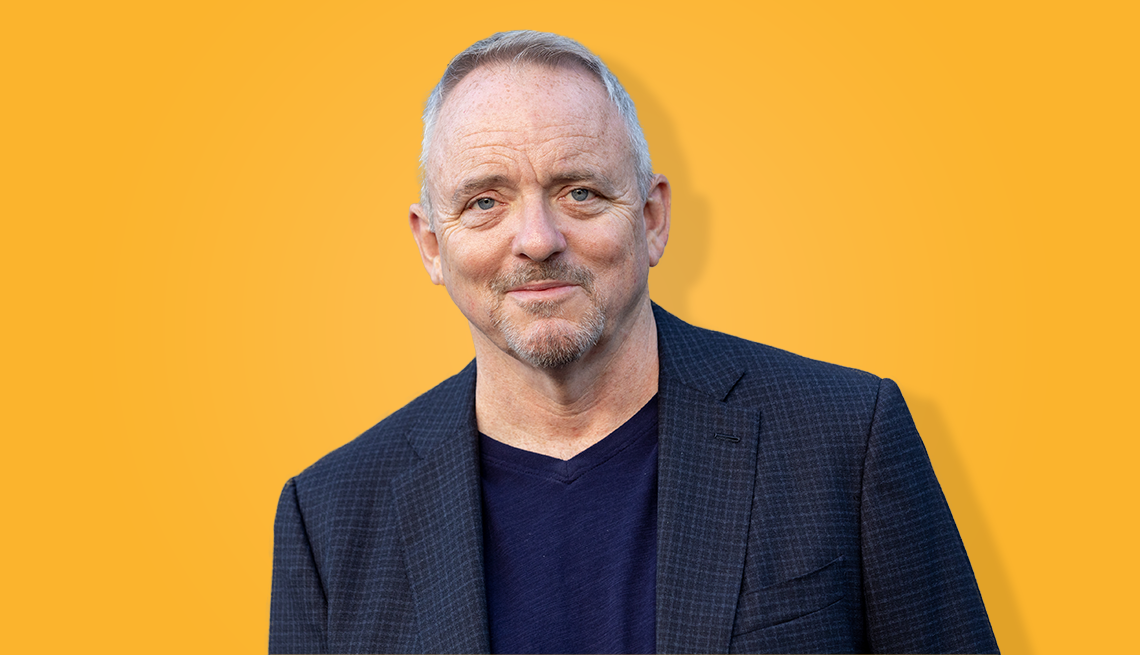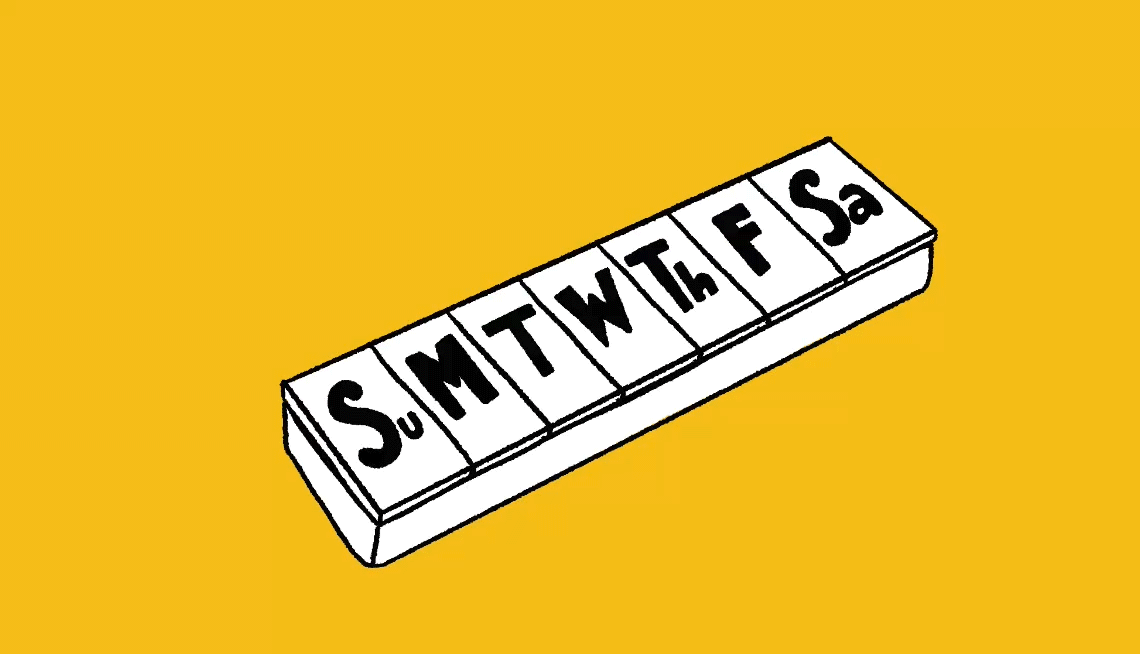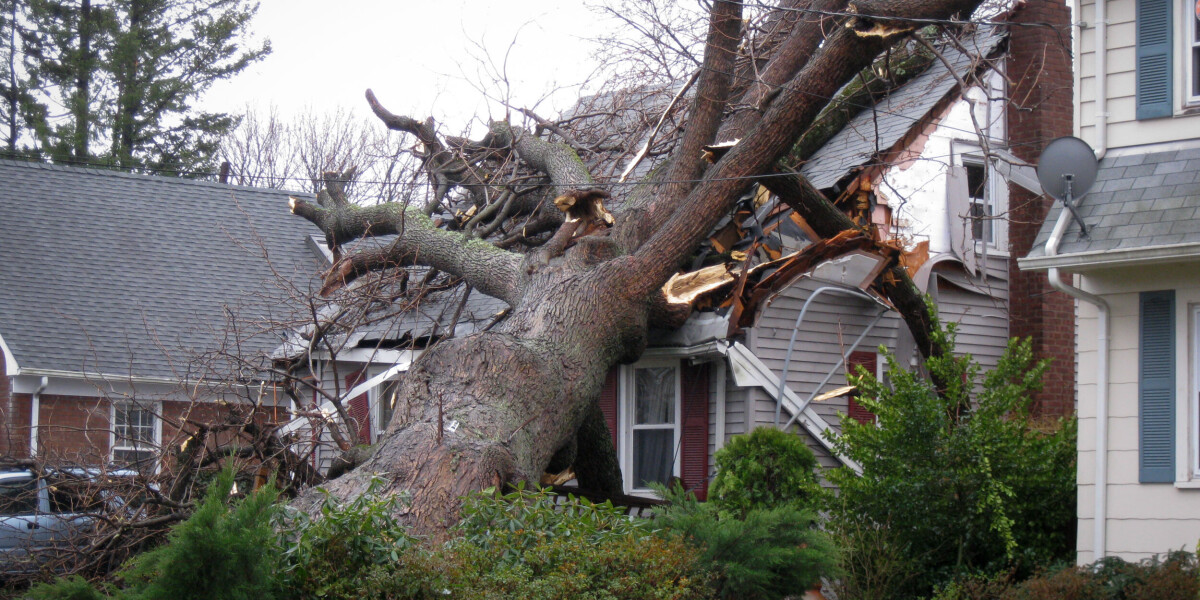
- Select a language for the TTS:
- UK English Female
- UK English Male
- US English Female
- US English Male
- Australian Female
- Australian Male
- Language selected: (auto detect) - EN
Play all audios:
If you’re looking for a Boston-based thriller with plenty of twists and turns, Dennis Lehane, 57, has the book for you. The acclaimed author of _New York Times_ bestsellers _Mystic River_
and _Shutter Island, _he’s also the creative force behind the Apple TV+ series _Black Bird_. His latest page-turner, _Small Mercies_, explores family ties, revenge, racism and the social
tensions that plagued Boston in the early 1970s. WHERE’S THE STRANGEST PLACE YOU’VE FOUND WRITING INSPIRATION? The most surprising [place] was something that incubated for a long time and
inspired _Shutter Island_. It was a trip out to an island right off the coast of Boston when I was a kid where there had been a mental hospital and just the rooms were left. Many, many years
later, I never forgot. It just stuck in my head. IF YOU HAD TO CHOOSE TO ONLY WRITE NOVELS OR FOR THE SCREEN, WHICH WOULD YOU PICK? My publisher is gonna throw up, but I would say writing
for the screen, because I’m at a point in my life where I enjoy the social aspects so much. I did my 25 years in a lonely room. I didn’t really like it so much. So to be hanging around a
bunch of other writers, bouncing ideas off the wall and then going on to film sets and making it happen … that to me is a far more pleasurable way to spend my declining years. WHAT ONE BOOK
INFLUENCED YOU THE MOST AND WHY? It’d be _The Wanderers_ by Richard Price. It’s the book that changed my life. I read it when I was 14. Everybody has one book that lit the path for them, and
that was mine. That’s the book that made me go, _Oh, I recognize people in this book._ _If I recognize the people in this book, that means that what I want to write about is publishable._
YOU’VE TAUGHT FICTION WRITING TO COLLEGE STUDENTS. WHAT IS A SKILL THAT ASPIRING NOVELISTS SHOULD CULTIVATE? Read. That was not a shocking thing to say 30 years ago, but it’s become more and
more revolutionary. I’ve taught classes where I’m like, “What’s the last book you read?” And the kids are, like, ”Oh, I don’t know.” With all due respect, what are you doing in writing? If
your focus is on fiction, the answer is just read, read, read. Those words, the sentence structures, the music of the work, the depth of the work. … If you’re reading the right stuff, and
you’re reading a lot of it, it gets into your bloodstream.






